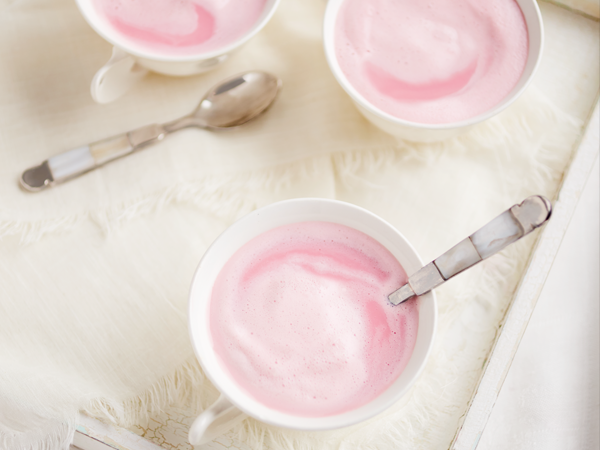Description
Q&A time. We asked Registered Dietitian Julie McMillin about how our food choices can affect a good night's sleep. Here's what she had to say.
How does food affect sleep?
What time you eat is important. Late meals are digested through the night, keeping you awake. What you eat is also important. Heavy, fatty foods are harder to digest than light fare like salad or fruit.
Which foods help you sleep?
Certain nutrients promote sleep hormones, relax muscles, and help you stay asleep. Focus on foods with calcium (milk, yogurt, kale), magnesium (spinach, avocado, quinoa, bananas, beans), vitamin B6 (meat, fish poultry, eggs, milk, edamame, nuts, whole grains), and tryptophan (milk, chicken, turkey).
Which foods prevent a good night's sleep?
High-sugar foods ratchet up blood glucose levels, which in turn can disrupt sleep, and spicy or fatty foods might cause indigestion and also disrupt sleep. Alcohol at night at first can make you drowsy, but later it can interfere with rapid-eye-movement (REM) sleep, the restorative slumber that occurs about 90 minutes after you fall asleep. Caffeine also interferes with sleep—its stimulating effect can take hours to wear off.
What's a good bedtime snack or drink?
A banana, low-fat or nonfat yogurt, a glass of milk, or a small amount of cheese with whole grain crackers are good bets. Try chamomile tea—it relaxes muscles and has a mild sedative effect.

